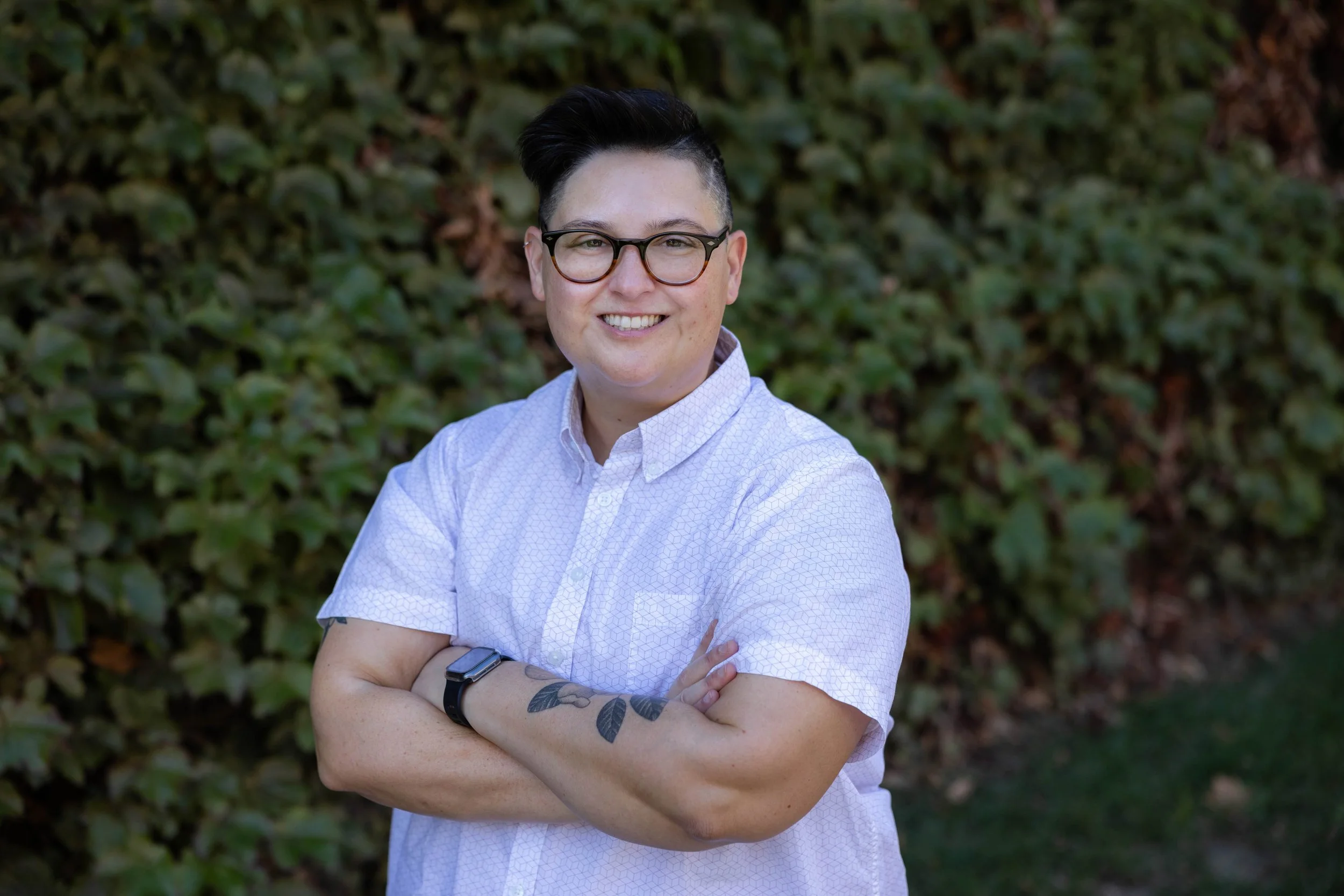UPCOMING EVENTS
UPCOMING EVENTS
February 26-March 1
International Association for the Study of Popular Music, U.S. Branch
Washington, D.C.
Panel, “107 Days of Women, Politics, and Pop: Reflecting on Harris 2024”
In 2024 superstar Beyoncé made the very rare move of not only endorsing a presidential candidate, but also allowing her Lemonade-era song, “Freedom,” to serve as Kamala Harris’s official campaign anthem. My contribution to this panel will explore some of the multiple layers of meaning embedded in this choice, from the way it evoked reminders of the 2016 election and thus what was at stake with another Trump presidency, and the song’s afterlives in the wake of the election, particularly through the 2025 summer Cowboy Carter Tour.
March 11-15, 2026
Society for American Music Conference
Richmond, VA
“Bad Bitches Have Bad Days, Too”: Megan Thee Stallion, Doechii, and Black Women’s Expressions of Anxiety and Depression in Hip Hop”
Hip hop has long featured discussions of mental health, from one of the genre’s earliest canonical examples, Grandmaster Flash and The Furious Five’s “The Message” (1982) to The Notorious B.I.G.’s “Suicidal Thoughts” (1994). In the last twenty-five years the number of rap songs addressing mental health issues has increased. With mental health discourse becoming a more integrated aspect of American culture, several high profile rappers, such as Kid Cudi, J. Cole, Kendrick Lamar, and others have disclosed their own struggles with depression, anxiety, suicidal ideation, and addiction. These disclosures have largely been met with appreciation from fans. While this discourse tends to praise Black men for addressing mental illnesses honestly in the genre, Black women, who, according to a recent study, experience depression symptoms at a much higher rate than almost any other population subgroup, have not been given the same consideration.
Megan Thee Stallion and Doechii are among the few women rappers who have openly addressed these topics in their music. Megan Thee Stallion’s 2022 Traumazine album addresses, among other topics, the rapper’s experiences with mental illness, and her 2024 hit “Cobra” further details her experiences of suicidal ideation, depression, and anxiety. Doechii’s mixtape/album, Alligator Bites Never Heal, traces a narrative arc of struggles and success with the track, “Denial Is a River” explicitly addressing mental illness and addiction. Unlike Black men rappers or white women pop stars, these artists deflect the vulnerability that typically accompanies such musical disclosures. Doechii and Megan Thee Stallion engage with humor and hardness respectively to both articulate their lived experiences of trauma and response, and to distance themselves from any perceived weaknesses that might accompany such exposure. This paper takes a Black feminist intersectional approach to understanding the ways these two rappers address their specific experiences of anxiety and depression through hip hop.
